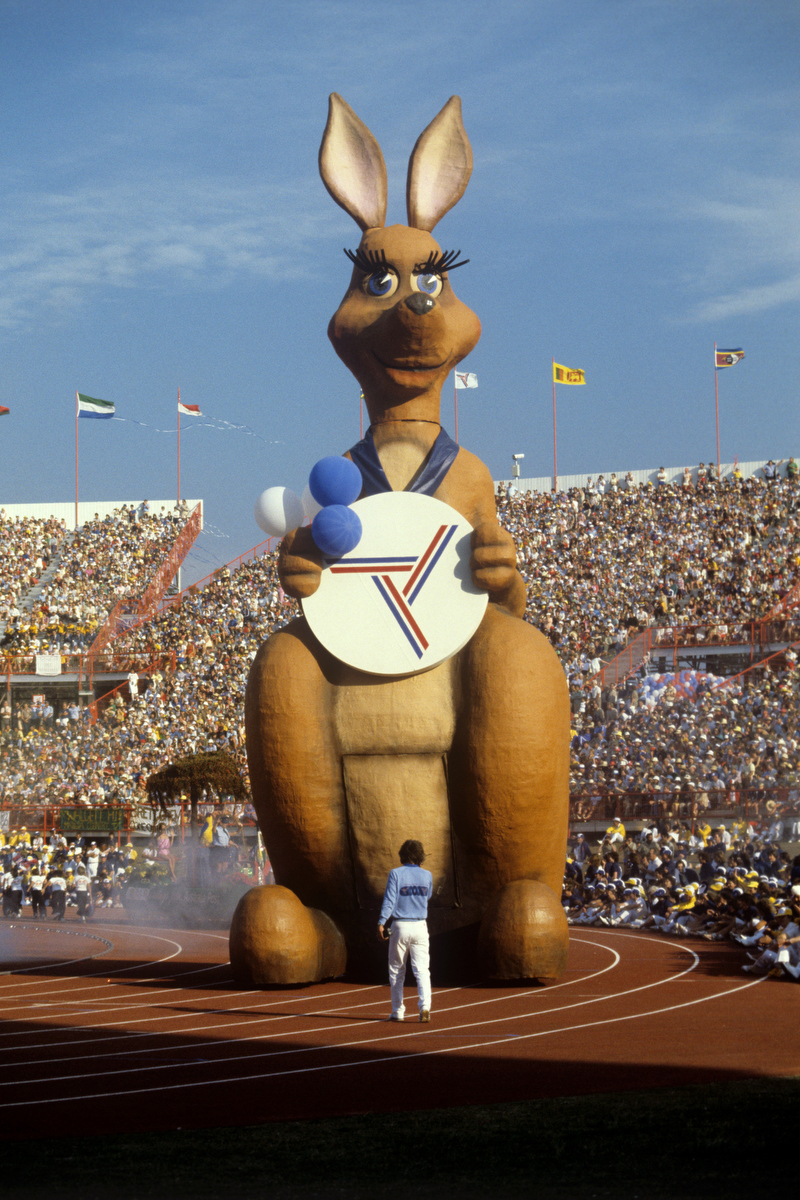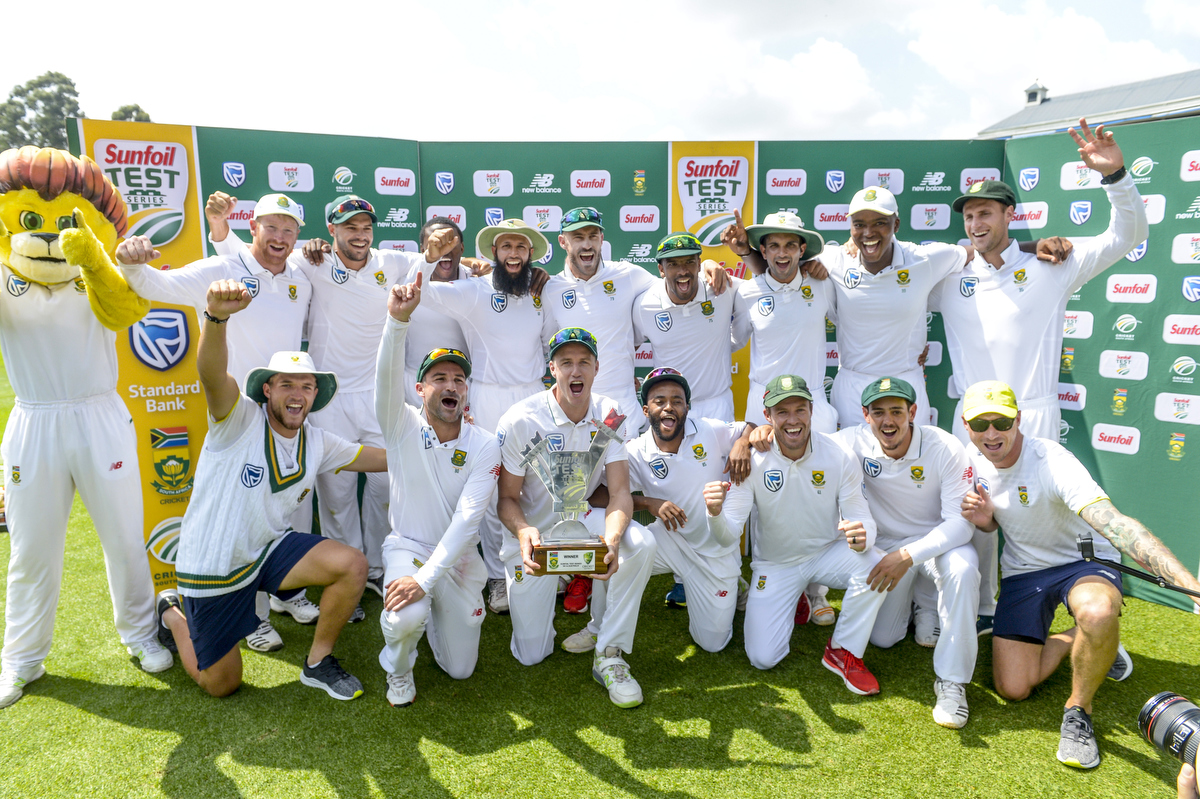LET THE Games begin … and for chief writer RON REED a return to Queensland after 36 years brings back some very uplifting memories.
HANDS UP who expected the Gold Coast Suns to be setting the pace after two rounds of footy. No, me neither. But, hey, it might not be all that surprising – because the Queensland holiday playground is in a very sporty mood this week, more so than it has ever been before.
The biggest event it has ever hosted has arrived. The 21st Commonwealth Games has had a very muted build-up in the rest of Australia, perhaps partly because the media has been mightily distracted by the great cricket cheating scandal as well as the start of the footy and rugby league seasons, but the banana-benders seem pretty excited about it. The ticket office I have just walked past had a long queue and the newspapers can’t get enough of it. For a precinct that has developed a reputation as a graveyard for professional sports teams, this is a welcome change of pace.
I’m pleased to be here, in sunny Broadbeach, myself because it means I have come the full circle. It is 36 years – more than half a lifetime – since the last time I was in Queensland for the Commonwealth Games, which of course was Brisbane 1982. That was the first big international event of its type that I had worked on and something about it clicked, to the extent that I spent much of the following three or four decades immersed in eight Olympic Games and a further half a dozen of the Commonwealth variety as well as other variations on the theme – does anyone else remember the Goodwill Games, also in Brisbane, and the Australia Games, in Melbourne? – and enjoyed every day of all of them. But this will be the last one.

For me, that is. Not for the Comm Games themselves – the next one will be in Birmingham – although to tell you the truth I am mildly, and pleasantly, surprised that it is still not only “a thing” but seemingly in pretty good health. Although Melbourne’s version in 2006 was a roaring success, the next one, in Delhi, was such a shambles that some observers began wondering whether it was worth the time, money and effort, especially as a lot of the biggest names in a range of sports would always either ignore it altogether or pull out at the last minute.
But Glasgow firmed up much of the shaky ground four years ago and now the Queenslanders are out to improve on that again. Count on them to get the job done. While Melbourne is undoubtedly the national (world?) sporting capital, they do love their sport up north and are generally pretty good at it, having dominated the rugby league State of Origin series – the biggest event they get involved in – for most of the last decade, and having just the other day taken out the Sheffield Shield cricket final. (To digress, the dogs are barking that the Shield final will now be scrapped.) Queensland is also the natural home of swimming, the CommGames’ biggest sport. On the athletics track, they boast Australia’s No 1 performer, hurdler Sally Pearson, who grew up on the Gold Coast. That provenance has become a source of major controversy with Pearson having been overlooked for the prestigious task of carrying the flag at the opening ceremony, that honour going to popular hockey captain Mark Knowles, also a Queenslander.
Australia will field a team of 472 athletes across 18 sports, the vast majority of them almost anonymous to most sports fans. They’re the kids who are only just embarking on careers they hope will lead to bigger and better things at the Olympics or world championships, hence the motto of these games: Share The Dream. That doesn’t mean that the cynics who sometimes refer to the CommGames as a glorified schools sports meeting are on the money, only that the it cannot and should not be compared with the Olympics in any way because, obviously, it doesn’t involve the heavyweights of that elite arena, the US, China, Russia or most of Continental Europe or South America.
Instead the nearly 7000 competitors and officials will hail from 70 nations and territories, including such minnows as Tuvalu, Norfolk Island, the Falkland Islands, St Helena, Niue and the Isle of Man. You would need to be a high school geography teacher to be able to pinpoint where they are all from, but up at the pointy end, of course, the Australians will be engaged in fierce combat with England, Canada, South Africa and New Zealand, and to a lesser extent India, Jamaica and Scotland.
According to team manager Steve Moneghetti, the former marathon runner who is one of the most vocal supporters of the Commonwealth Games concept, the mission statement can be confined to just two words: Beat England! In Glasgow, England won 58 gold medals to Australia’s 49, the first time Australia had not topped the table since 1986. It was a far cry from the record 84 golds Australia won in Melbourne 12 years ago in front of fanatical home-turf support and with the advantage of not having to travel, twin dynamics that should prove helpful again. But Monna warns that because the sports program has been restructured with fewer medals available, the Melbourne benchmark is unlikely to be matched.
So what to expect? This being the first Games to be held in a provincial city, the Gold Coast denizens will be keen to outdo big brother up the road, which won’t be easy in terms of memorable moments. It’s a long time ago but Brisbane, which in those days was really a glorified country town itself, introducing itself to a big international audience for the first time, put on quite a show. Three highlights in particular have retained prominence in the annals of Australian sporting history. One was the appearance of Matilda, the giant winking mechanical kangaroo that featured in the opening ceremony – they do love oversized symbolism in Queensland so stand by for something big at Wednesday night’s ceremony. Another was marathon champion Rob de Castella’s gripping see-saw battle with two young Tanzanians who pushed him all the way to the line. The third, and best, was much loved sprinter Raelene Boyle’s farewell race in which she added to her record tally of Commonwealth golds over the unfamiliar distance of 400m. Swimmer Tracey Wickham’s record-breaking dominance in the pool was also unforgettable, especially as she – and Boyle – had both missed the Moscow Olympics two years earlier for political reasons.
Since then, Boyle has battled two lots of cancer, de Castella house burned down in a bushfire and Wickham lost a daughter to cancer as well as enduring numerous other setbacks in life. You could almost be forgiven for thinking the Brisbane Games jinxed them. But they wouldn’t think that. In each case, that event was one of the best moments of their lives. And all three are certain to be on hand again this week and next to watch the same thing happen to some more young champions-to-be. As it surely will.
Sportshounds will be covering the Commonwealth Games with writers Ron Reed, John Craven, Peter Meares, Colin Dale and photographer Nick La Galle.
RON REED has spent more than 50 years as a sportswriter or sports editor, mainly at The Herald and Herald Sun. He has covered just about every sport at local, national and international level, including multiple assignments at the Olympic and Commonwealth games, cricket tours, the Tour de France, America’s Cup yachting, tennis and golf majors and world title fights.



Discussion about this post